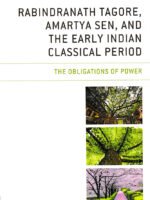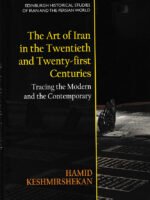Around the globe, an age-old truth persists: “To annihilate my culture and identity, you must first destroy my language and writing.” Whether through deliberate political policies or sheer neglect, minority communities teeter on the precipice of losing or have already lost their languages and unique scripts. This silent erosion is often overlooked amid the clamor of more prominent issues. This book stands as a clarion call to rectify this injustice.
At its heart lies a translation from an early nineteenth-century manuscript inscribed in the endangered old Shan script?a treasure understood by a few elderly souls in Burma (Myanmar). The author embarked on an odyssey, collaborating with monks and villagers in hamlets and monasteries to unravel the text?s meaning.
Tai Herbalism offers a window into how the early Burmese addressed afflictions of both mind and body. Within its pages, Shan herbal remedies mingle with chants, spells, and rituals?a glimpse into the Shan magico-religious belief system. The book also unveils the once-thriving ecosystem of nineteenth-century Shan forests, an oasis of biodiversity. A precious medicinal index documents the plants and animal parts harnessed for healing. Since the manuscript’s time, these forests have fallen to the march of time, with many species pushed to the brink of extinction. Yet this book stands as a beacon of hope, preserving a record of the past, with a dream that conservationists may someday breathe life back into this lost Eden.









Be the first to review “Tai Herbalism”